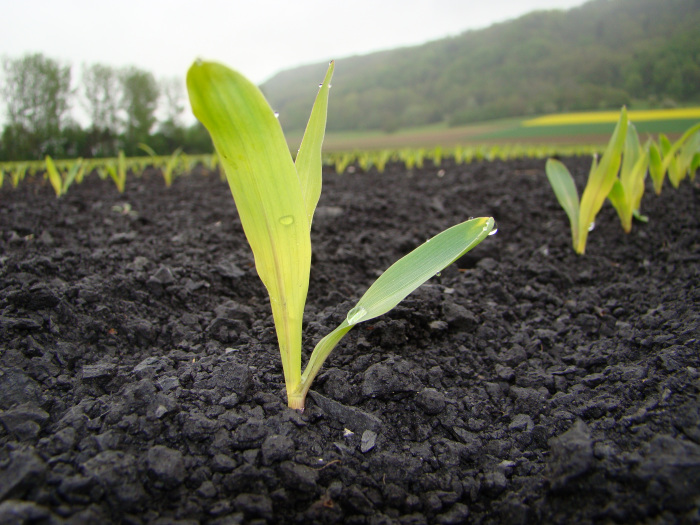18.11.2010
Undefined

Since some time already, there have been different trials to use re-newable raw materials for for non-energetic industrial purposes. Recently, political moves in Germany and the EU came up for the promotion of re-newable raw materials for such non-energetic use, i.e. in the textile industry, the automotive industry, as composite materials and insulation materials.
The German initiative "Action plan for non-energetic use of renewable raw materials" lists twelve priority areas in which the federal government wants to increase its engagement to support and to promote the further expansion of non-energetic use of renewable raw materials. Beside research and development, these efforts are to include the promotion of market launches.
Developing countries have comparative advantages in the production of plant materials. The increasing demand for agricultural raw materials for non-energetic use, which could be mostly imported without customs barriers, would give developing countries access to new markets. Thereby a high potential for trade development and thus for foreign exchange earnings and poverty reduction is created.
However, the additional demand for biomass increases the pressure on the natural resources available and can generate social and environmental risks, particularly in developing countries with inadequate legal frameworks. These include inter alia land grabbing and the displacement of small farmers and local communities, additional greenhouse gas emissions, increased water scarcity, loss of biodiversity and competition with food production.
To highlight and explore the potential benefits and risks, the study was commissioned. It will include a market overview as well as five case studies, which will cover:
Palm kernel oil production in Indonesia, Malaysia and Ghana;
Coconut oil production in the Philippines;
Castor oil production in India;
Natural rubber production in Thailand; and
Jute production in Bangladesh.
With a better understanding of opportunities and risks of an enhanced biomass production for non-energetic use, the study will serve to improve the political framework for funding policies of the German federal government.
Contacts in Germany:
Johannes Geisen
Email: johannes.geisen [at] afci.de
Johannes BUSCHMEIER
Email: johannes.buschmeier [at] afci.de
